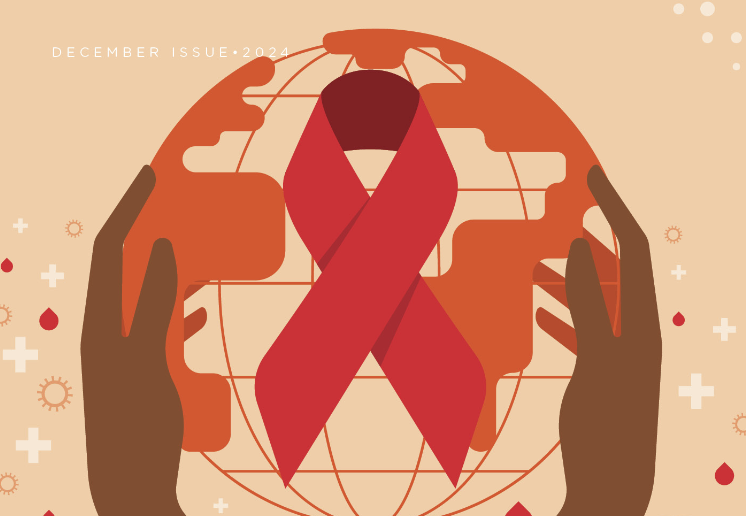News
GA WELLNESS GUIDE : WORLD AIDS DAY

World AIDS Day is a global health day dedicated to raising awareness of HIV/AIDS and commemorating those lost to the disease.
What is HIV/AIDS?
HIV (Human Immunodeficiency Virus):
- A virus that attacks the immune system, leaving individuals vulnerable to infections.
AIDS (Acquired Immunodeficiency Syndrome):
- The final stage of HIV infection, which causes severe immune system damage.
How is HIV Transmitted?
- Unprotected sexual intercourse
- Mother-to-child transmission during pregnancy, childbirth, or breastfeeding
- Sharing needles or syringes
- Blood transfusion (rare in developed countries)
The Impact
According to UNAIDS statistics, in 2023, there were:
- 39 million people worldwide living with HIV
- 1.4 million people living with HIV in Kenya
- About 17,000 newly infected adults and children
- Approximately 94% of infected adults and children on ART (antiretroviral therapy)
Taking Action:
- Get Tested
Regular testing is crucial for early detection and treatment. - Practice Safe Sex
Consistent and correct condom use is essential. - If infected, get treated
Today’s antiretroviral drugs are so effective that most people with HIV live long and relatively healthy lives. - Reduce Stigma
Challenge negative attitudes and discrimination. - Support Research
Contribute to ongoing efforts to develop new treatments and vaccines. - Advocate for Policies
Support policies that prioritise HIV prevention, treatment, and care.
By working together, we can reduce new infections, improve the quality of life for people living with HIV, and ultimately end the AIDS epidemic.


